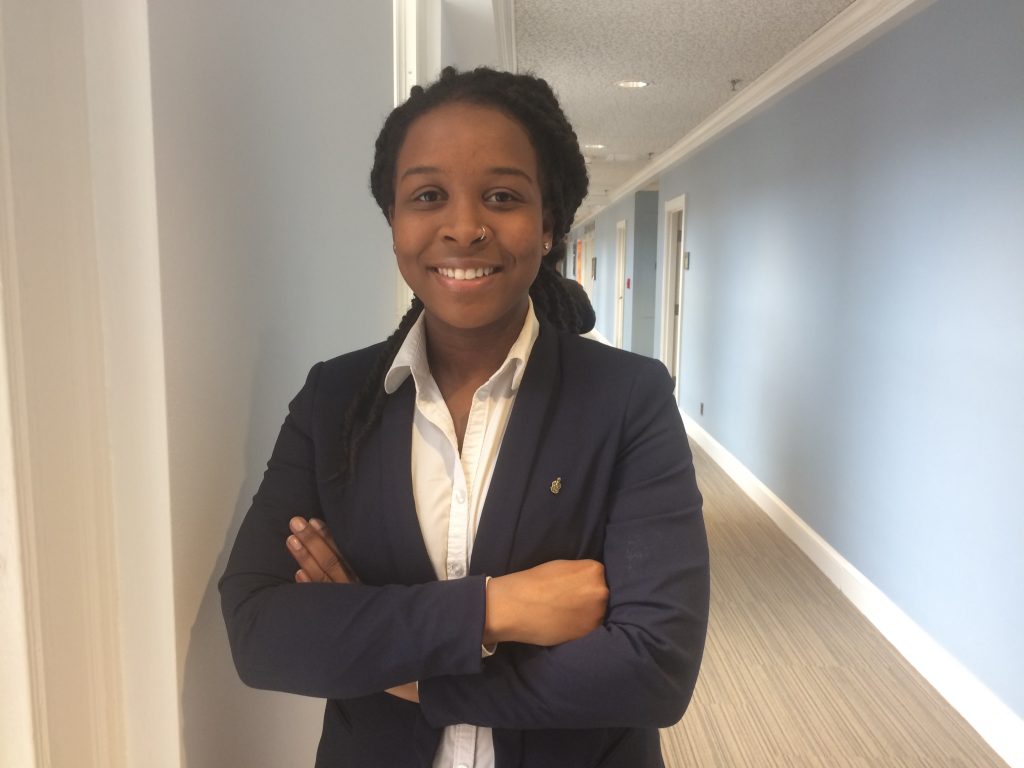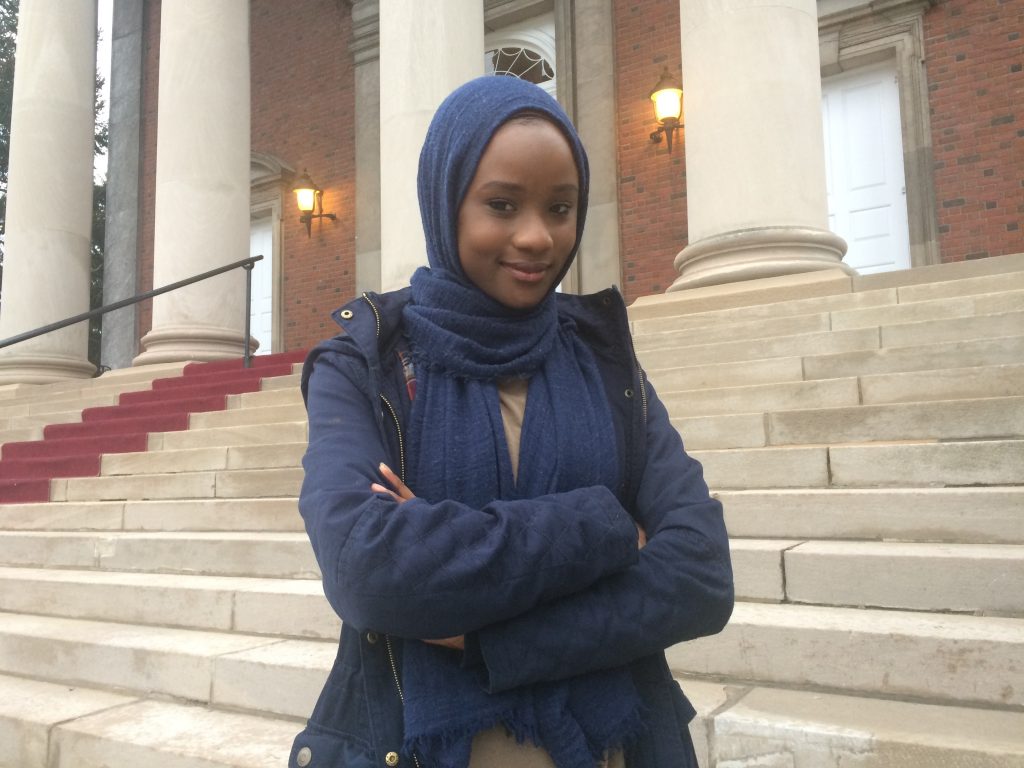University Partnering With CXtec, United Way on Electronic Upcycle Event
Do you have an old laptop, an outdated cell phone, an obsolete tablet or a forgotten printer that no longer works? Are you looking to recycle your outdated technology in a sustainable way while also giving back to the United…



